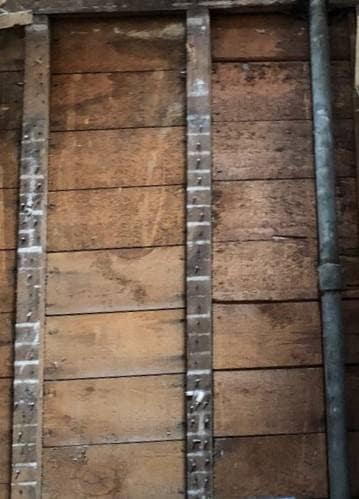Public interest in soundproofing has increased significantly in recent years. The growing number of people working from home has created new acoustic challenges in residential environments. Daytime activities—such as phone calls, video conferences, household chores, and entertainment systems—generate noise that can easily disturb others working or studying in adjacent spaces.
More...
New awareness of soundproofing
As awareness of these issues grows, more homeowners are seeking soundproofing solutions. However, selecting a qualified soundproofing contractor can be a challenging task. Many general contractors and renovators are unfamiliar with the specialized materials, construction methods, and design principles required for effective sound isolation.
Because of this, it is strongly recommended that clients consult with an acoustical professional or a specialized soundproofing contractor early in the planning process. Proper design and installation not only ensure better performance but also prevent costly mistakes and rework.
This public demand for soundproofing is why there are soundproofing contractors, and more newspaper articles cover this topic. The most recent example is an article by Laura Hensley in National Post. An older article, also in National Post, covered similar points.
The articles should have covered one crucial point: how to get soundproofing done correctly and how to find a soundproofing contractor. Many contractors are offering to install soundproofing. Unfortunately, most of them do not fully understand the client’s needs, and often, the customers are not happy with the results of their work. Here is an example of botched jobs that I have come across. Here is another example.
Some general contractors have sufficient experience to perform well in typical, straightforward soundproofing projects. However, it is often difficult for a homeowner to distinguish between qualified and unqualified contractors. Most contractors present themselves confidently and speak convincingly, making it challenging for clients to evaluate their true level of expertise in acoustical construction.
Compounding this issue, homeowners may not always recognize whether their own situation is standard or atypical. Many homes contain hidden or unusual construction conditions—such as irregular framing, inconsistent spacing, mechanical chases, or structural connections—that can significantly affect soundproofing performance. Some of these issues are only revealed once construction begins.
For example, the wall shown in the accompanying photograph includes wood blocking wedged between the studs. This type of construction makes effective sound isolation more difficult because it provides rigid transmission paths for structure-borne noise.
When a soundproofing consultant is involved in the project, they can conduct a site inspection to identify such conditions early and provide immediate, practical recommendations for correction. This proactive approach prevents costly rework, improves performance, and ensures that the final result meets the desired acoustic goals.
Should you take a contractor's advice?
A free contractor’s quote should never be mistaken for professional engineering or acoustical consulting advice. While many contractors provide estimates or informal assessments of soundproofing performance, these opinions are typically based on experience rather than on technical analysis or compliance with recognized standards.
Some contractors may even offer to test noise levels or soundproofing performance, but such testing is often inaccurate and unreliable. In most cases, these individuals lack calibrated measurement instruments, are unfamiliar with proper acoustical testing procedures, and fail to follow established engineering standards, such as ASTM E336 (airborne sound isolation) or ASTM E1007 (impact sound transmission). As a result, their “test results” provide no meaningful or defensible data.
Furthermore, in Ontario, individuals who offer consulting or engineering services—including professional evaluation, testing, or certification—must be qualified and licensed under applicable provincial regulations (for example, through the Professional Engineers Ontario licensing framework). Contractors who provide such services without proper credentials may be acting unlawfully.
To ensure accurate assessment and reliable recommendations, clients should retain a qualified acoustical consultant or licensed engineer for any soundproofing design, testing, or performance evaluation.
Get your soundproofing contractor through a soundproofing consultant.
Rather than taking soundproofing advice from a smooth-talking contractor with no detailed acoustics knowledge, hire an expert. Guidance by a professional engineer specializing in building acoustics is not expensive in the context of the entire soundproofing project. The expert will provide you with several options and explain their differences. Then, you can choose the approach that meets your need and budget. In most cases, he will also refer a soundproofing contractor with experience in your project.

